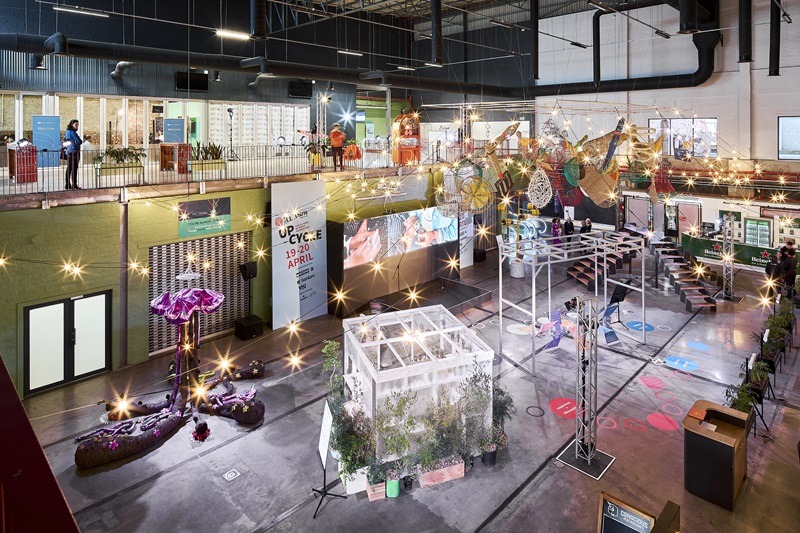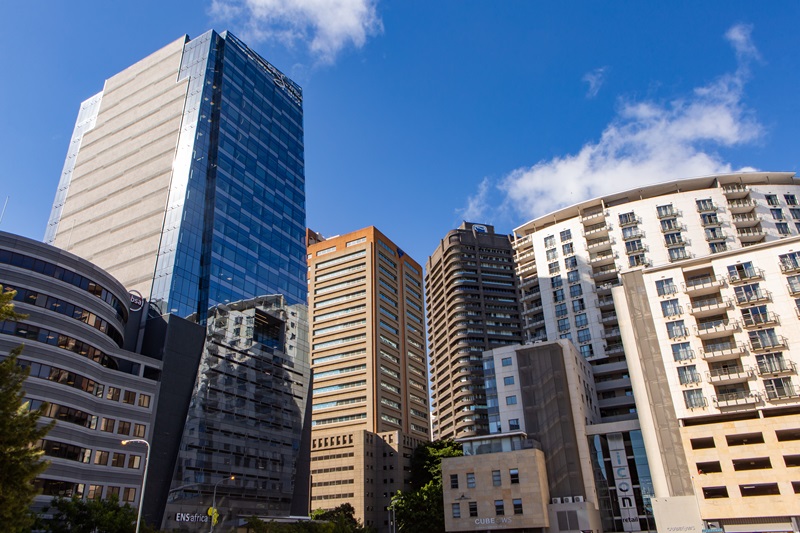The Cape Town Central City Improvement District (CCID) has come out in support of the City of Cape Town’s consistent efforts to help the homeless off the streets with offers of transitional shelter. The CCID also supports the City’s efforts to resolve unlawful occupations by approaching the High Court for an order in cases where all offers of social assistance are refused.
CCID CEO Tasso Evangelinos says the situation in town has become very difficult, and the City has worked hard to find short-, medium- and long-term solutions to homelessness in the Central City and greater Cape Town.
“However, there are people who have consistently refused help in the form of transitional accommodation and social support, leaving the City no choice but to seek legal recourse to rectify matters. These unlawful occupations have become untenable and are having a very negative impact on businesses in town as residents, entrepreneurs and landlords grapple with surviving the post-Covid economy,” Evangelinos says.
“The occupations have also had serious repercussions on various sectors that drive the CBD economy including the hospitality, eventing, and tourism sectors. They have also posed challenges to organisations such as ours as we strive to keep the CBD a safe, clean and welcoming space to live, work and do business.”
This comes after the City announced on 20 February that it had been granted the right to initiate proceedings by the Western Cape High Court to move people from various municipal-owned public sites, road reserves and intersections in the CBD, which were impacting the safety of pedestrians, traffic, and the occupants themselves.
Evangelinos says the CCID appreciates the City’s social development initiatives as it has made a concerted effort to provide alternate accommodation for the homeless and to offer them social assistance in various parts of the CBD, the City Bowl and greater Cape Town.
He said: “For quite some time, the City has offered transitional shelter arrangements at NGO-run night shelters and social assistance to help people change their lives and move off the street. The CCID runs similar social development programmes and routinely engages with the homeless. Offers of assistance include programmes to help the homeless move off the street and reintegrate into society, receive treatment for substance abuse, reunite with their families, and gain access to employment opportunities.”
“We are heartened that the City will continue to expand the capacity of its Safe Spaces that serve the city, and for the support it provides to NGOs to add more transitional shelter beds in the coming winter months to help more people move off the street. It is important that all stakeholders continue to work together to expand dignified transitional shelter in Cape Town.”
In a statement, the Mayor noted that “no person had the right to reserve a public space as exclusively theirs while indefinitely refusing all offers of shelter and social assistance”.
He said Cape Town was the only metro which had dedicated a social development budget to combat homelessness and had expanded its care interventions to help people off the street with R77 million for Safe Spaces and social programmes this financial year.
The CCID’s Social Development department has several work-based rehabilitation programmes in place in the Central City and works with the City, as well as several NGOs in downtown Cape Town, to improve the lives of the homeless and give them an opportunity to move off the street.
The CCID Social Development projects include:
- FORESHORE “PEP” (PUBLIC EMPLOYMENT PROGRAMME) PROJECT
In January 2022, the CCID became part of a City of Cape Town work-based rehabilitation project for the chronic homeless which is funded by National Treasury, administered by NGO Khulisa Social Solutions and managed by CCID Social Development. Based on the Foreshore, the project started with 17 participants (including four supervisors) who have substance and mental health issues. They receive work opportunities – for which they are paid a stipend – counselling, life skills training and treatment for substance use. The project was the first of a kind for CCID Social Development and has proved a great success. The team works from a kitted-out container sponsored by Maersk which is in the grounds of the Artscape Theatre Centre. In January 2023, the department began a drive to recruit 17 additional participants.
- PEER FIELD WORKER PROGRAMME WITH TB HIV CARE (COMPANY’S GARDEN)
On 1 December 2022, CCID Social Development launched a new work-based rehabilitation programme with TB HIV Care. This project involves nine peer workers and provides homeless substance users with employment opportunities and support for social reintegration.
Peer workers have a work opportunity and gain mentorship and support from the CCID’s Social Development team and TB HIV Care. Since the launch of the programme, the peer workers have interacted with hundreds of people living on the street and have helped to collect 7 600 used needles in the CBD in the past two months. In the next weeks, the group will be introduced to CBD stakeholders and will slowly begin interacting and assisting homeless clients on their own.
- CCID AND KHULISA STREETSCAPES’ BIN PROJECT
The long-standing CCID/Khulisa Streetscapes’ Bin Project in Long and Loop streets has been in place for five years. Project participants monitor the bins in these areas to prevent litter ending up on the streets when people search for recyclable materials. They also ensure bins aren’t vandalised or stolen and help with sweeping operations in Greenmarket Square and St Georges Mall. Last year, 8 886 black bins were serviced and 48 businesses in Loop and Long Sts benefited from the service. In the period between August to October 2022, the team serviced 2 282 bins.
Issued by Atmosphere Communications on behalf of Sharon Sorour-Morris, Communications manager of the CCID.




























